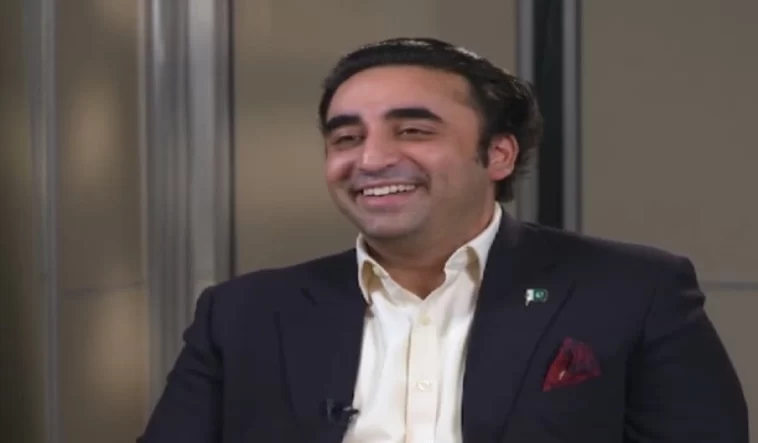Imran Khan’s future in Pakistan is uncertain if he continues to reject the democratic process, according to Foreign Minister Bilawal Bhutto Zardari of Pakistan. While in attendance at the Munich Security Conference in Germany, Zardari spoke to CNBC and noted that Pakistan has a checkered history of military rule and other undemocratic, unconstitutional forces. He emphasized that the nation is currently going through a transitional period that could either succeed in strengthening democratic forces or enable unconstitutional, anti-democratic forces.
Zardari mentioned two crucial occasions that recently influenced Pakistan’s future. Imran Khan was removed from office as a result of the first, a vote of no confidence. He acknowledged that the PTI leader’s supporters might not have been pleased with the outcome, but nonetheless called the action a “fundamental achievement” for Pakistan. The democratic process, in Zardari’s words, “has been followed,” which was a significant development for Pakistan’s institutions.
The announcement of neutrality by General (retired) Qamar Javed Bajwa was the second event. He asserted that the general’s speech, in which he acknowledged the military’s prior political interference, represented an important development. The general went on to say that it was important to avoid such intervention because it would be detrimental to both the institution and the country. Zardari praised the general’s public statement that the military should transition from a “controversial role to a constitutional role” and said that everyone who supports democracy should support it.
It should be noted, however, that Zardari pointed out that the opposition is stating that the army should play a role in helping them to regain power. He emphasized that such military interventions do not serve the interests of either the military or the nation as a whole. When asked whether Imran Khan had a future in Pakistani politics, Zardari advised him to “pursue the democratic path”. While he states that he “never says never in politics,” he encourages his political rival to change his protest from “come intervene in politics” to “everyone committing to play a constitutional role in politics.”
Imran Khan “would most definitely have a future in politics if he strives to pursue the democratic path,” claimed Zardari. He did issue a warning that the PTI chief would be lost to history like many others had been if he continued to reject the democratic process. While undemocratic forces have had their time in Pakistan’s political history, Zardari emphasized that they have never had a sustained presence.
In his closing remarks, Zardari emphasized the importance of all Pakistani politicians pledging to participate in politics in accordance with the constitution. He claimed that the nation was currently going through a period of transition, which could either result in stronger democratic forces or undemocratic, unconstitutional forces. The country’s democratic process needs the support of all those who support democracy, the foreign minister urged, as well as encouragement of the military’s transition to a constitutional role.


